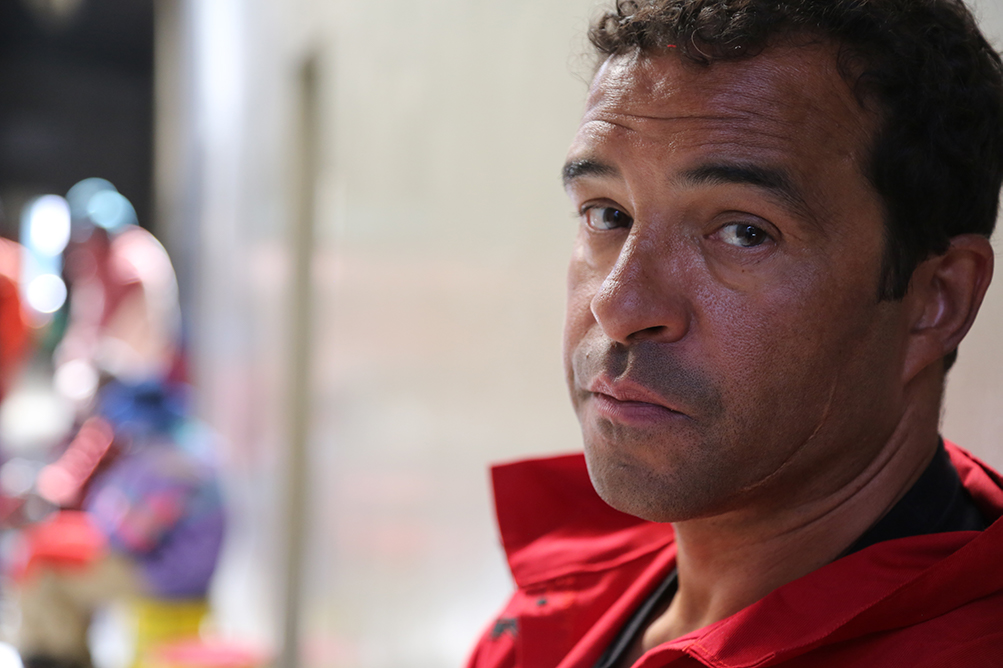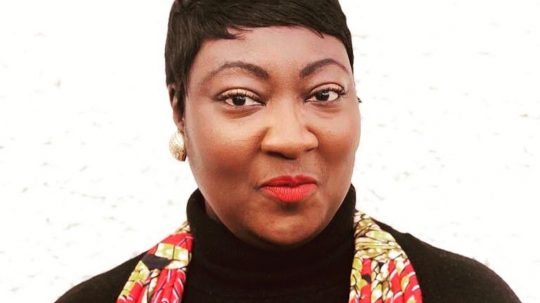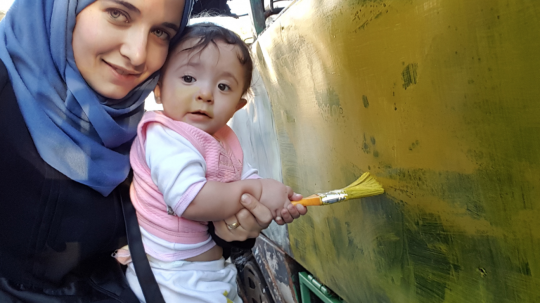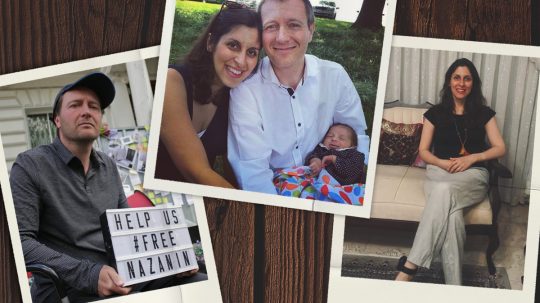Do you have any ideas about how to heal divisions in society right now?
One way to heal divisions is sharing knowledge and collaborating, telling people something they don’t know. It changes their perception or their understanding. I think that can go a long, long way. Of course, financial support in areas where people desperately need it would make a big change and bridge the gap between those who have and those who don’t. These are age old problems that people strive to change all the time. Finance can help. But knowledge I think is far more important in some circumstances.
What’s your assessment of the current state of the UK prison estate and how effective is it in terms of rehabilitation?
The prison estate here in the UK differs across the country. We have A category prisons, B, C and D category prisons. They all serve a different purpose in terms of security and what they do with prisoners.
On TV we usually get a diet of local dispersal type prisons where everything’s a bit chaotic. These are not the deep dark prisons that I spent time in where prisoners have served 10, 15, 20 years and the atmosphere is very different. There is a focus on therapy and some rehabilitation. And so I think the perception that the media paints in this country is sometimes misleading. And often when they focus in on characters, they often pick that guy or girl that is on drugs or comes from a very, you know, desperate background or a broken home.
There’s no question more can be done with more investment. Talking about building more prisons is the wrong approach. There are so many people in British prisons that don’t deserve to be in there … people with mental health issues, women who have only committed, you know, desperate crimes to support their families, as well as men. So there is a lot more that can be done.
The government announced in June that it was going to build three new prisons. What is your reaction to that?
You know, for the government to be talking about building prisons it means they will look to incarcerate more people. That should be a concern for everyone because it means they’re already targeting people in the community, people in society who haven’t been convicted or sent to a prison sentence.
Like they have this whole kind of conveyor belt in the United States, we are moving in the same direction.
It concerns me that the government is talking about building new prisons, because they’re then going to need prisoners to fill those prisons. And that’s where there is injustice and people should be concerned because it could be your brother, your mother, your sister.
It’s another thing if they’re talking about building new modern prisons, where they will move those that are housed in these diabolical Victorian type establishments, so that those individuals can be treated by therapy or rehabilitation programmes. If that’s what they’re talking about, that might be progressive. But it sounds to me like they’re building new prisons, which mean they need new prisoners, which means our prison population will increase when in fact, what it really needs to do is decrease.
In the discussion around Black Lives Matter there’s been calls to defund the police and to a lesser extent, also prisons. And I wondered if you had any thoughts about that?
I think it’s about accountability. Defunding the police and defunding prisons will only cause people in the community to suffer.
That’s not to say I’m for or against the idea. It’s about accountability. We need police officers to police the streets in some way, shape, or form. If they’re not police officers, you call them something else. But you do need that element in society. I mean, people could do it for themselves, but is that reliable?
So we have this police force and it’s going to exist and we’re not going to get rid of it. So we have to think about the reality. So for me, it’s about accountability when police officers, prison officers or things go wrong, to ensure people who were responsible are held to account. So for me, defund should be more about accountability, rather than taking funds away, when sometimes funds could make a big difference. And reducing the numbers of these individuals will make I think, a situation that is already bad, much, much worse.
You said we should incarcerate fewer people, what do you think we should do instead?
I think evidence shows that rehabilitation programmes outside of prison make more of a difference than the rehabilitation programmes and rehabilitation is a big word inside of prisons. I think diverting people from prison would be a really good way of changing somebody’s life. I mean, you can’t rehabilitate someone, somebody has to choose within themselves, that their mindset of criminality is going to change wherever that’s driven by drug addiction, alcoholism, or whatever their reason for committing crime or getting into trouble repeatedly. So I think diverting individuals from prisons makes a much bigger difference. supporting people in the community and doing things in our environment, I think, is what is needed more than just locking somebody up and then letting them out six months later, into probably more troublesome problems, their home could be taken away, their family could have broken up. So it creates, I think, in some, and this could be the majority of people’s lives, more problems than it solves.





